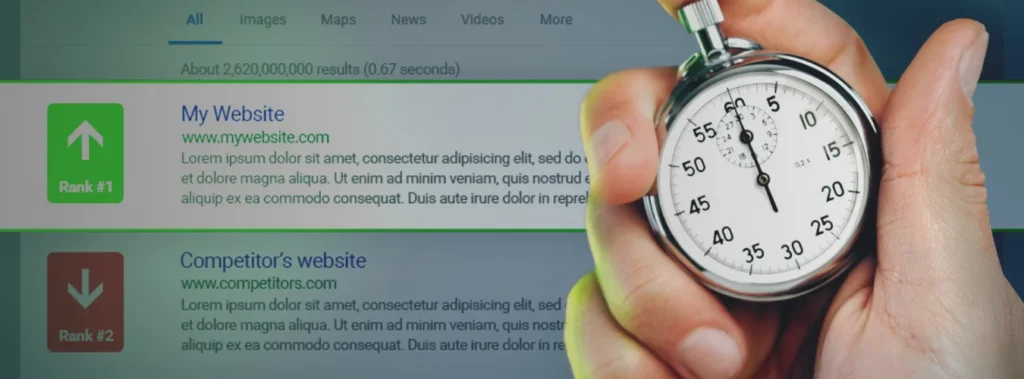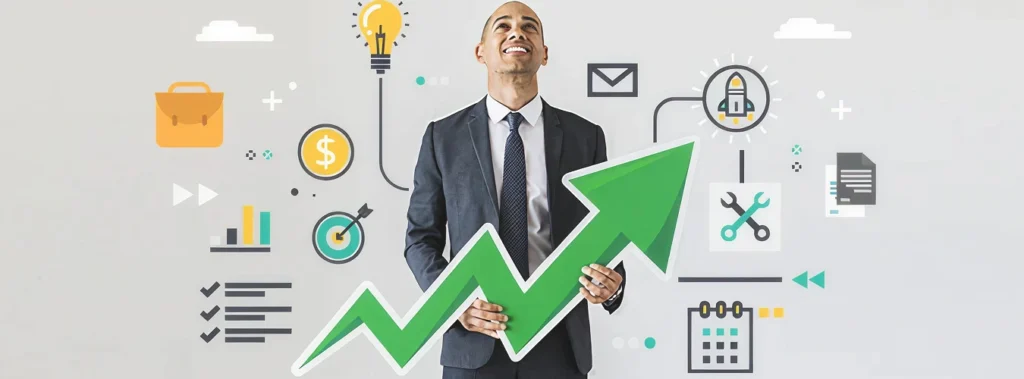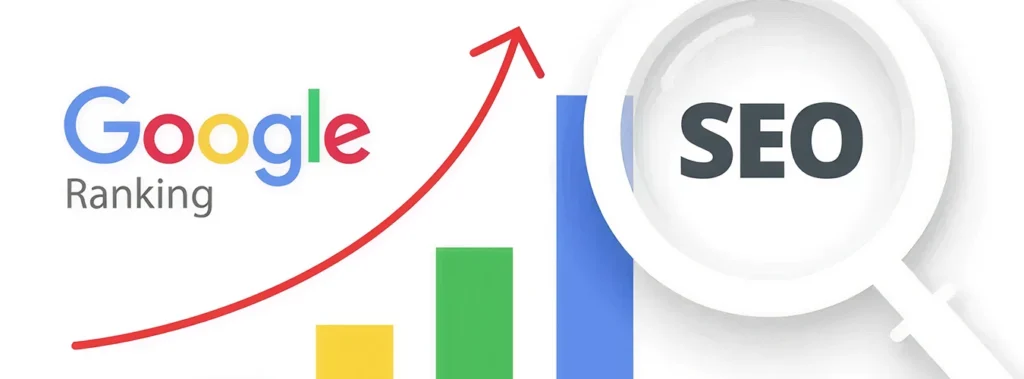5 SEO Mistakes to Avoid in 2025
Why Isn’t My Website Ranking?
You’ve done everything “right.” You’ve optimized your site, added some solid keywords, and maybe even invested in backlinks. Yet, when you search for your target keyword- boom! Your site is either buried on page 10 or, worse, doesn’t show up at all.
Frustrating? Absolutely. But here’s the thing: SEO isn’t just about what you do right, it’s more about what you avoid doing wrong.
With Google’s AI search and AI Overview taking over results, the old SEO tricks don’t work anymore. In fact, some strategies you’ve been using might be ilently killing your rankings instead. So, without wasting any more time let’s get straight to it— the biggest SEO mistakes you need to avoid in 2025, and how to fix them.
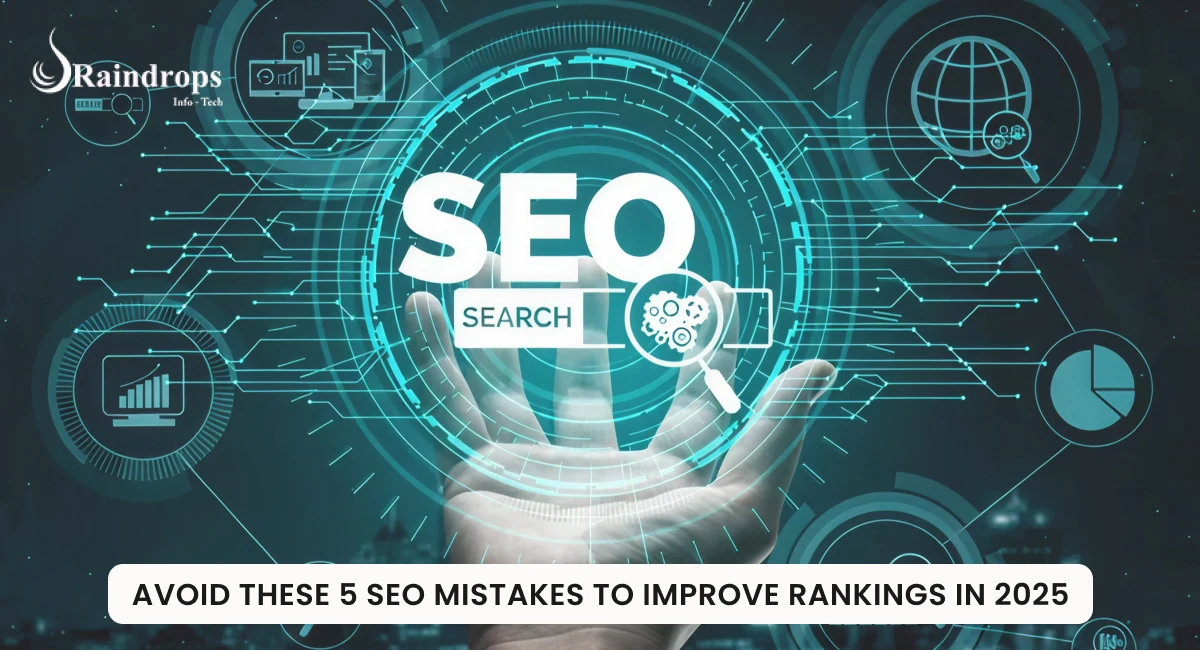
1. Ignoring Google’s AI Overview (Your Content Won’t Even Show Up!)
The Mistake:
Google’s AI Overview is now answering users’ queries directly. If your content isn’t structured properly, Google’s AI will skip it and you’ll never reach the top. This is such an important factor that it deserves a whole long guide of its own!
The Fix:
Google’s AI is designed to provide users with the most relevant, concise answers directly in search results. To ensure your content gets featured in this AI Overview, you need to make sure your site is optimized for structured content.
Use clear, straightforward headings (H1, H2) to break up content logically.
Incorporate bullet points and numbered lists to make your answers scannable.
Add structured data markup (like schema.org) to help Google understand the context of your content better.
Address common user queries directly with concise responses and relevant links.
Include expert-backed, high-quality content that reflects your authority on the subject (E-E-A-T).
Example: Instead of writing a long paragraph about “SEO ranking factors,” break it down like:
What are the key SEO ranking factors in 2025?
User Experience (UX) – Page speed, mobile-friendliness.
Content Quality – AI-optimized, engaging, well-structured.
Authority Signals – Backlinks, citations, credibility.

2. A Big No to Keyword Stuffing
The Mistake:
Keyword stuffing might have worked in the early days of SEO, but in 2025? Google sees right through it. Overloading your content with keywords makes your writing feel forced and robotic. It turns away readers, and Google will never ever rank it. Essentially, keyword stuffing does more harm than good.
The Fix:
Instead of focusing on keyword frequency, Google now values search intent. To ensure your content is both AI-optimized and user-friendly, aim for natural keyword integration that reflects how people actually search. Google now looks for context and relevance, so let your keywords fit organically into the content.
Start by identifying search intent — what is the user really asking? Is it informational, navigational, or transactional?
Use long-tail keywords that match common phrases or questions your audience might ask.
Keep your content conversational and readable—write as though you’re answering a question, not just stuffing keywords.
Place your keywords strategically—within headings, meta descriptions, and the introduction—but don’t overdo it.
Bad Example:
“SEO mistakes 2025 are bad. Avoid SEO mistakes 2025 if you want to rank in SEO mistakes 2025.”
Good Example:
“To avoid SEO mistakes in 2025, focus on improving user experience, optimizing for voice search, and staying ahead of AI-driven trends.”

3. Not Optimizing for Voice Search & Conversational Queries
The Mistake:
It is Alexa and Siri’s world and we are just living in it. With the rise of voice search and virtual assistants, your content must reflect how people speak. If your content isn’t optimized for voice, you’re missing out on a huge section of search traffic.
The Fix:
Voice search queries are typically more natural and question-based. In 2025, it’s critical to optimize your content for this shift in user behavior.
Use question-based headings like “What are the best SEO practices in 2025?”
Include FAQ sections in your content to directly answer common queries.
Write in a conversational tone with clarity and simplicity.
Optimize for local search queries and keep your Google My Business info updated.
By doing this, you’ll align your content with the growing use of voice search, which will boost your chances of ranking in featured snippets.

4. Weak Internal Linking (You’re Wasting Your Own Authority!)
The Mistake:
Internal linking is like the backbone of your website’s SEO. Without it, Google has trouble understanding the relationship between your pages.
The Fix:
Internal linking is one of the simplest but most powerful techniques for improving your SEO.
Link to relevant blog posts, case studies, and service pages to add value.
Use descriptive anchor text instead of “click here.”
Ensure important pages have multiple internal links pointing to them.
Not linking to your own valuable content is like throwing away a free opportunity to boost your SEO rankings!

5. Neglecting E-E-A-T (Google Doesn’t Trust You)
The Mistake:
Google needs to know you’re a trustworthy expert. If your site lacks E-E-A-T (Experience, Expertise, Authoritativeness, Trustworthiness), your content will be pushed down in search results—especially in YMYL (Your Money, Your Life) niches like health, finance, and law.
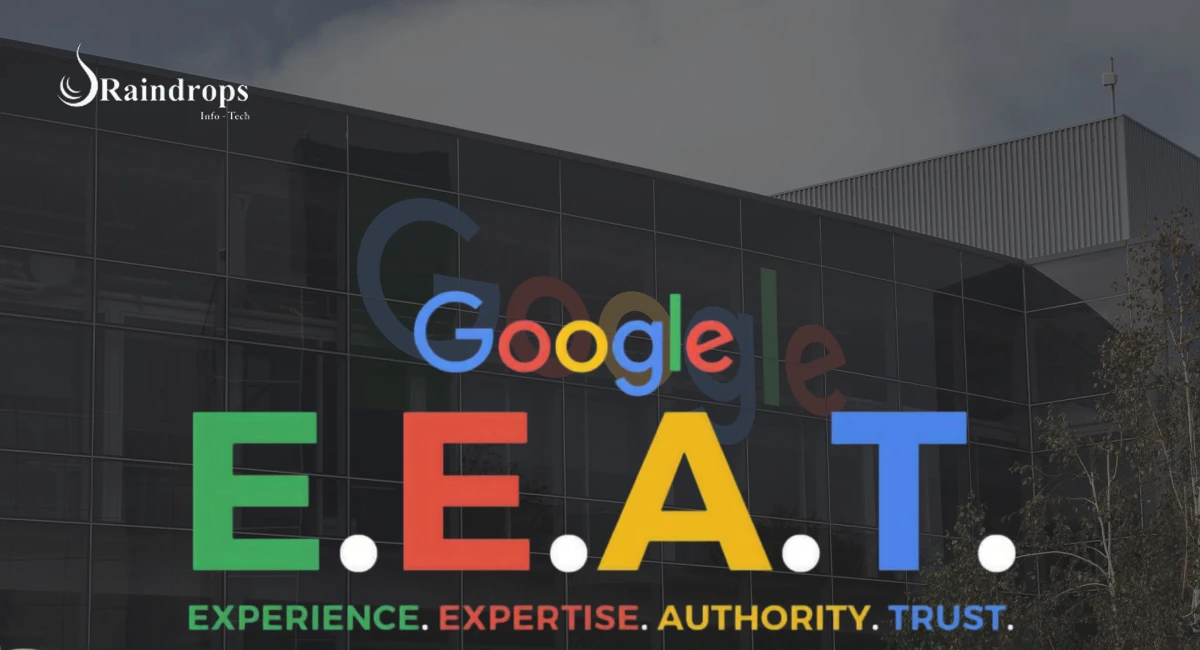
The Fix:
To establish E-E-A-T, follow these steps:
Author Bios That Prove Credibility – Every post must have a real author with real credentials.
Cite Authoritative Sources like research papers, official guides, or trusted blogs.
Showcase Real-World Experience via case studies or personal success stories.
Keep Your Content Fresh & Updated to match latest trends and changes.
Earn Trust Through Reviews & Testimonials that reflect credibility and real feedback.

Fix These Now & Watch Your SEO Rankings Go High
If your SEO strategy isn’t working, chances are you’re making one (or more) of these mistakes. But the good news? They’re fixable.
Here’s what to do right now:
Check if your content is AI Overview-friendly.
Fix keyword stuffingand focus on search intent.
Make sure your site loads fast and is mobile-friendly.
Improve internal linking to boost your authority.
Write for humans first, algorithms second.
SEO in 2025 is all about understanding how search engines think and creating content that deserves to rank.
Need Help? Get Expert SEO Assistance with Raindrops Infotech!
SEO is complex, but it doesn’t have to be overwhelming. If you’re struggling to boost your website’s rankings or fix common SEO mistakes, you don’t have to do it alone. Raindrops Infotech offers expert SEO services to help you stay ahead of the curve and rank 1 on Google SERP.
Visit Raindrops Infotech to get a perfect SEO partner and let our team of professionals guide you to the top!




